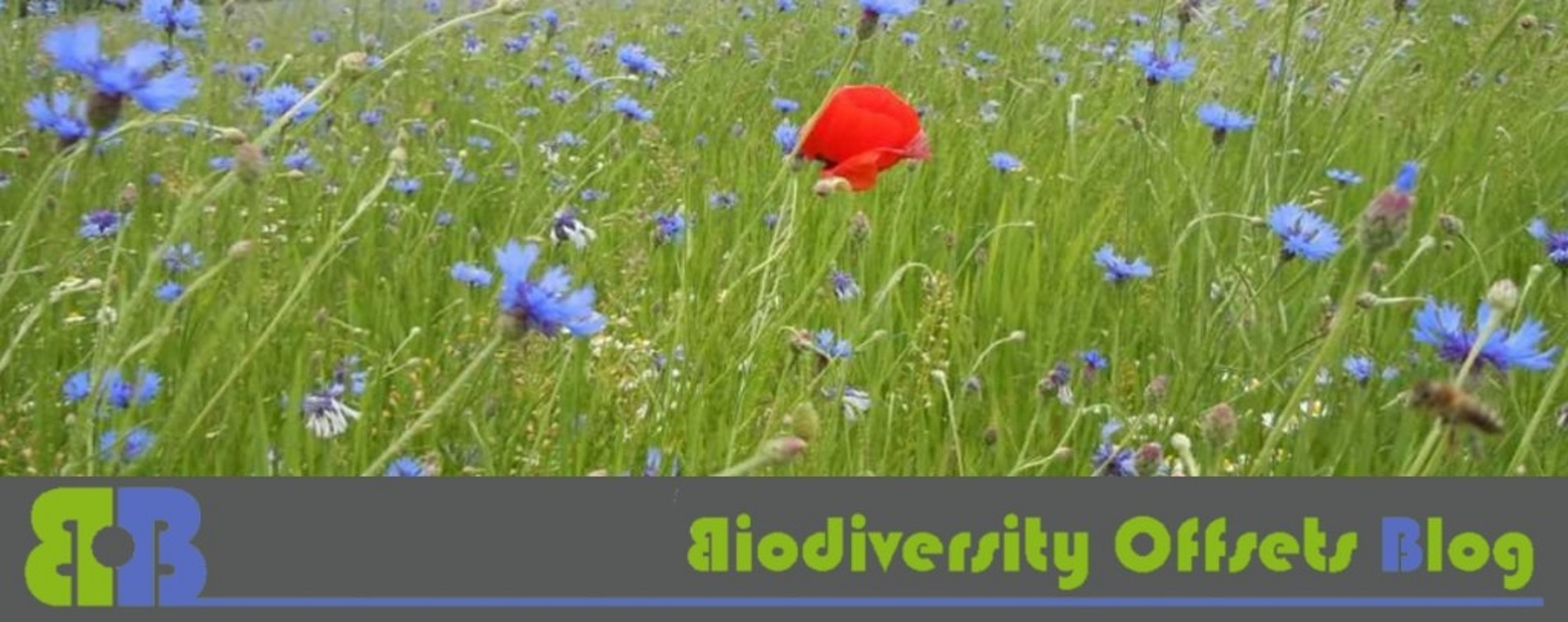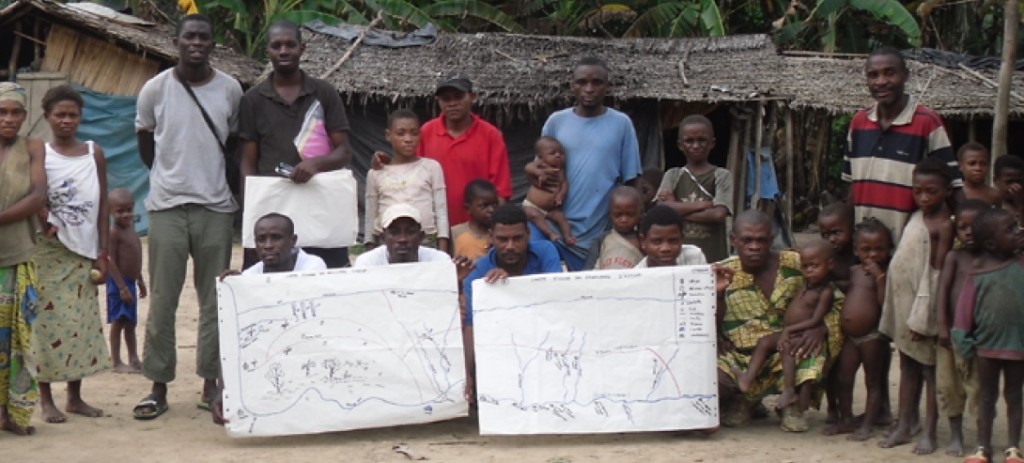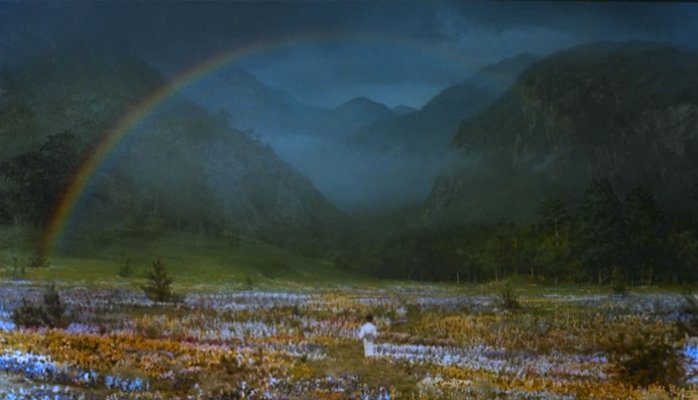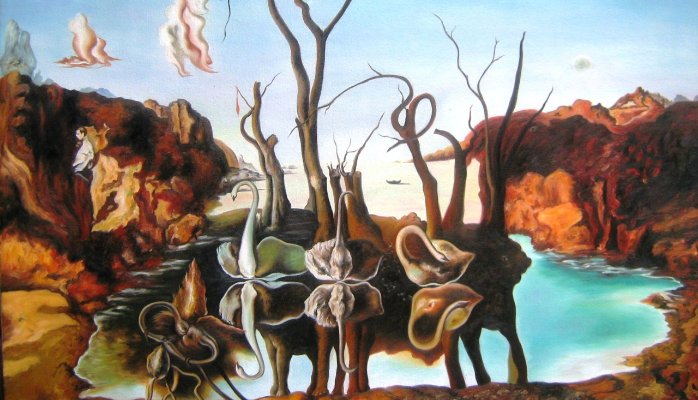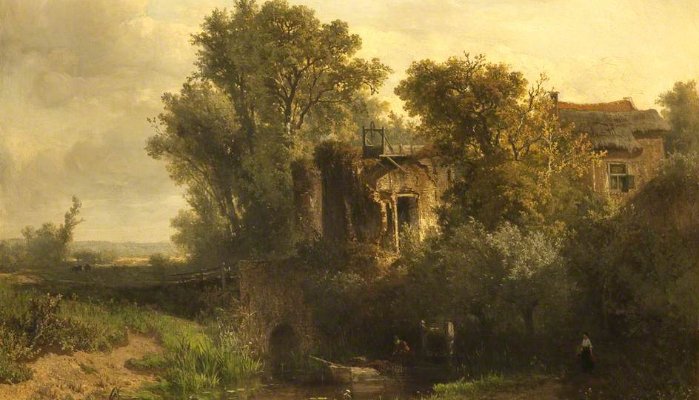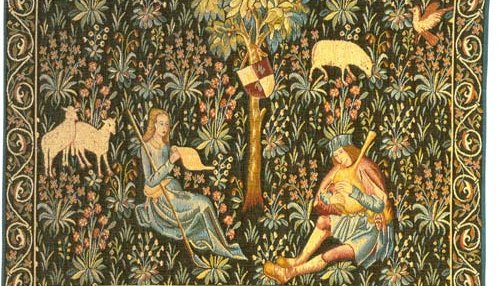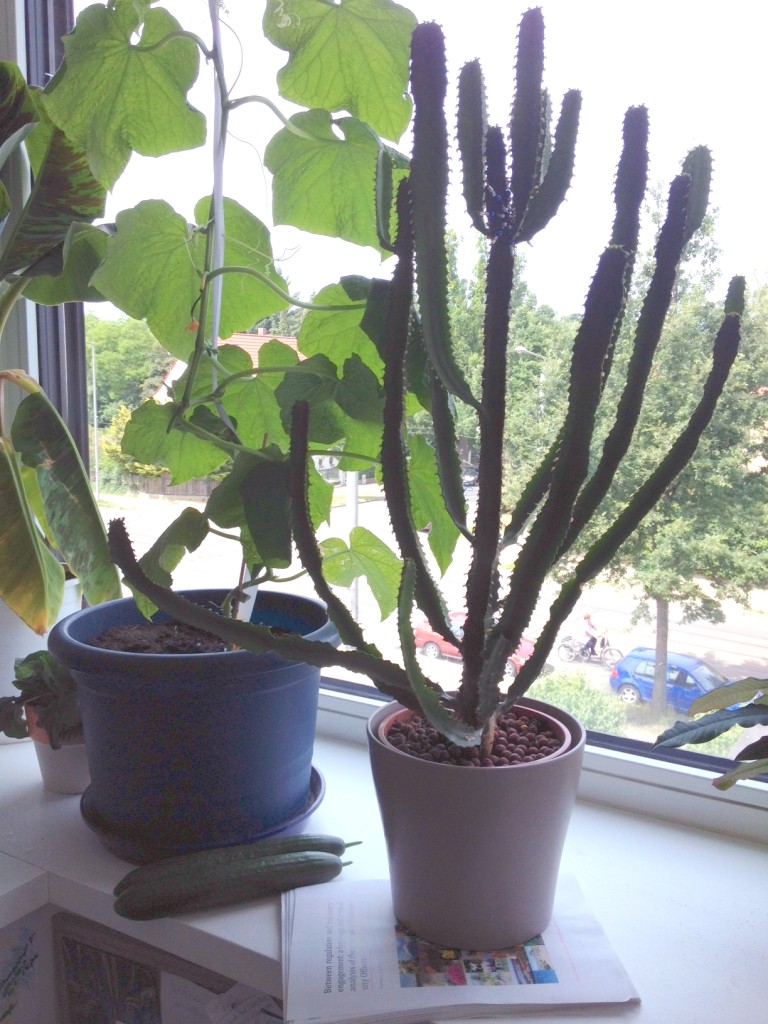This is the third part of a guest post series by Nuno Gaspar de Oliveira who works as consultant and advisor in Esporão, a portuguese main wine and olive oil company, in the area of Strategic Management for sustainability using ‘Business Ecosystems’ models,
This guest post has previously been published on LinkedIn. It is the expression of the author’s thoughts and experiences and as such is acknowledged as a fruitful contribution to the discussion on biodiversity offsets. If you want to react or clarify your own position (underpin or disprove), please leave a reply below!
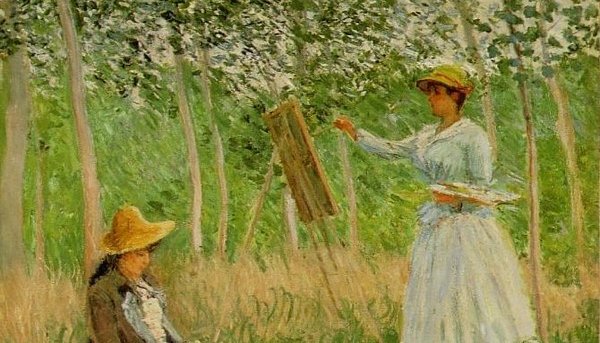
In the aftershock of Malthus, Smith and Marx, inter alia, many early XXth century economist and political philosophers felt the need to find alternative scenarios for human development within the lands capacity to foster economic growth and welfare in an increasingly populated world.
One key concept to the acknowledgement of the importance of natural capital for the overall economy is the notion of ‘externalities’. The term was coined by the British economist Arthur Cecil Pigou in ’The Economics of Welfare’ (1920–1925), as an alternative for compensating the rebound effects of the economic activities on the social and environmental sphere:
“Wealth exists only for the benefit of mankind, it cannot be measured adequately in yards, not even as equivalent to so many ounces of gold; its true measure lies only in the contribution it makes to human well-being”
Understanding the concept of externalities is understanding one huge problem noted by the ‘father of modern ecology’, Eugene P. Odum. In his landmark book ‘Fundamentals of Ecology’ (1953), Odum mentioned the enormous contribution of natural capital, supplied free to human societies by natural ecosystems, as being commonly ignored, in part because of the difficulty of evaluating it in conventional economic terms. According to him,money flows out of urban areas to pay for energy, goods, and human services, but natural ecosystem services are not accounted for.
A major breakthrough was needed. Continue reading →
 There’s another BBOP webinar upcoming for next week, Thursday, July 30.
There’s another BBOP webinar upcoming for next week, Thursday, July 30.